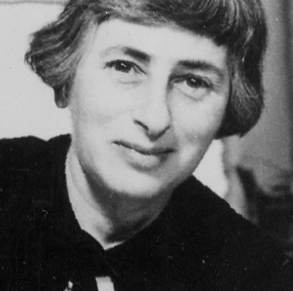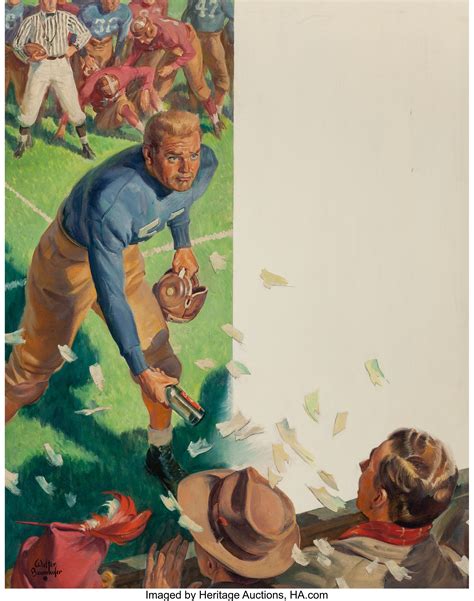A Quote by Ben Jonson
If men will impartially, and not asquint, look toward the offices and function of a poet, they will easily conclude to themselves the impossibility of any man's being a good poet without first being a good man.
Related Quotes
A man is not merely a man but a man among men, in a world of men. Being good at being a man has more to do with a man’s ability to succeed with men and within groups of men than it does with a man’s relationship to any woman or any group of women. When someone tells a man to be a man, they are telling him to be more like other men, more like the majority of men, and ideally more like the men who other men hold in high regard.
One of the surest tests of the superiority or inferiority of a poet is the way in which a poet borrows. Immature poets imitate mature poets steal bad poets deface what they take and good poets make it into something better or at least something different. The good poet welds his theft into a whole of feeling which is unique utterly different than that from which it is torn the bad poet throws it into something which has no cohesion. A good poet will usually borrow from authors remote in time or alien in language or diverse in interest.
A poet’s freedom lies precisely in the impossibility of worldly success. It is the freedom of one who knows he will never be anything but a failure in the world’s estimation, and may do as he pleases. The poet is a man on the sidelines of life, sidelined for life. He belongs to the aristocracy of the outcast, the lowest of the low, below the salt of the earth. A member of the most ancient regime in the world. One that cannot, it seems, be overthrown.
Many poets are not poets for the same reason that many religious men are not saints: they never succeed in being themselves. They never get around to being the particular poet or the particular monk they are intended to be by God. They never become the man or the artist who is called for by all the circumstances of their individual lives. They waste their years in vain efforts to be some other poet, some other saint...They wear out their minds and bodies in a hopeless endeavor to have somebody else's experiences or write somebody else's poems.
If the time should ever come when what is now called Science, thus famliarised to men, shall be ready to put on, as it were, a form of flesh and blood, the Poet will lend his divine spirit to the aid the transfiguration, and will welcome the Being thus produced, as a dear and genuine inmate of the household of man.
The poet or the revolutionary is there to articulate the necessity, but until the people themselves apprehend it, nothing can happen ... Perhaps it can't be done without the poet, but it certainly can't be done without the people. The poet and the people get on generally very badly, and yet they need each other. The poet knows it sooner than the people do. The people usually know it after the poet is dead; but that's all right. The point is to get your work done, and your work is to change the world.
The fact that I'm a woman is as important to my work as a poet as the fact that Ahmad Sh?mlu was a man was important to his work as a poet. Basically, gender shouldn't be viewed as an advantage in art. If a poem or a piece of writing is good, what difference does it make whether it's by a woman or a man? And, if it's bad, why should its writer's gender make it good?






































